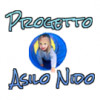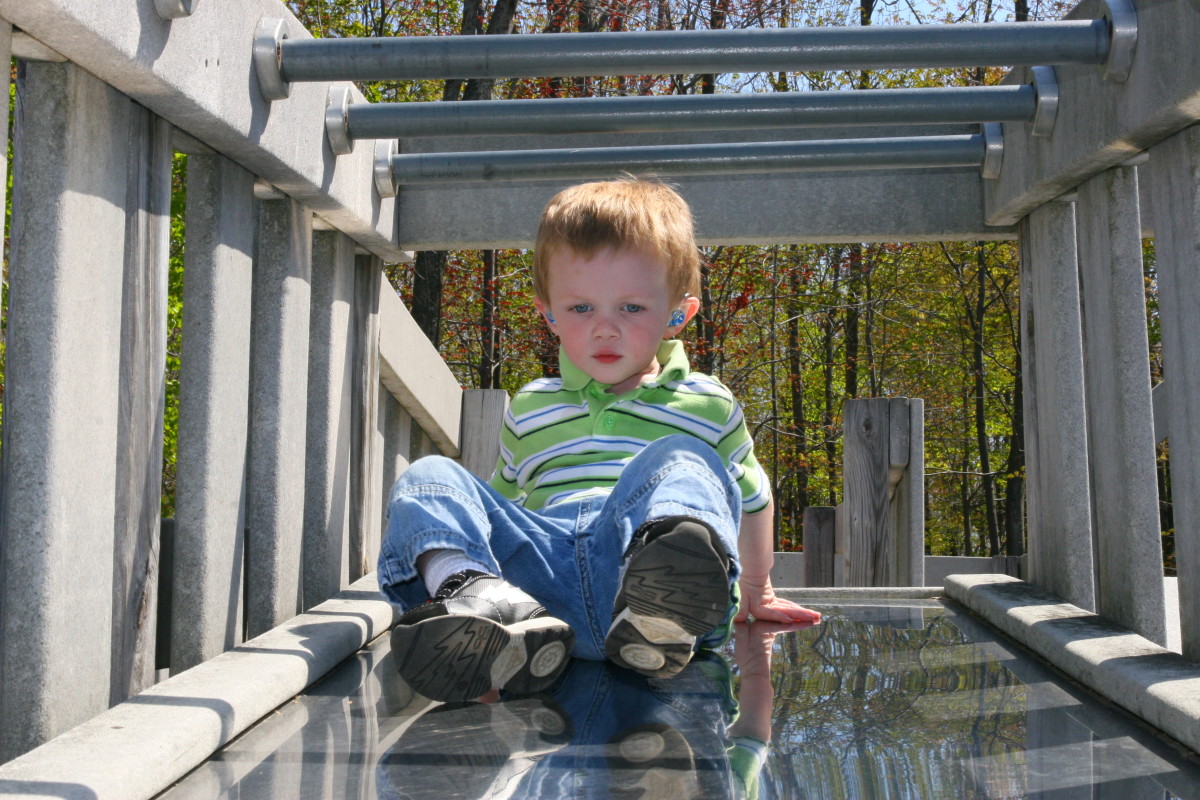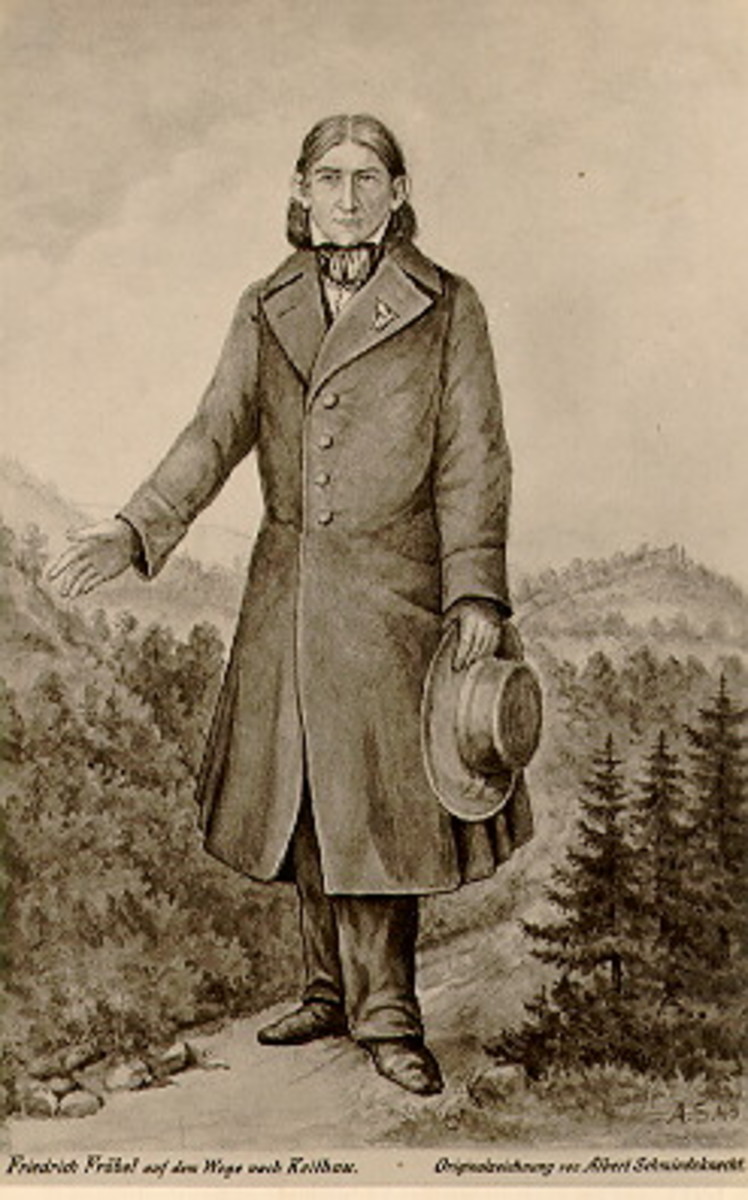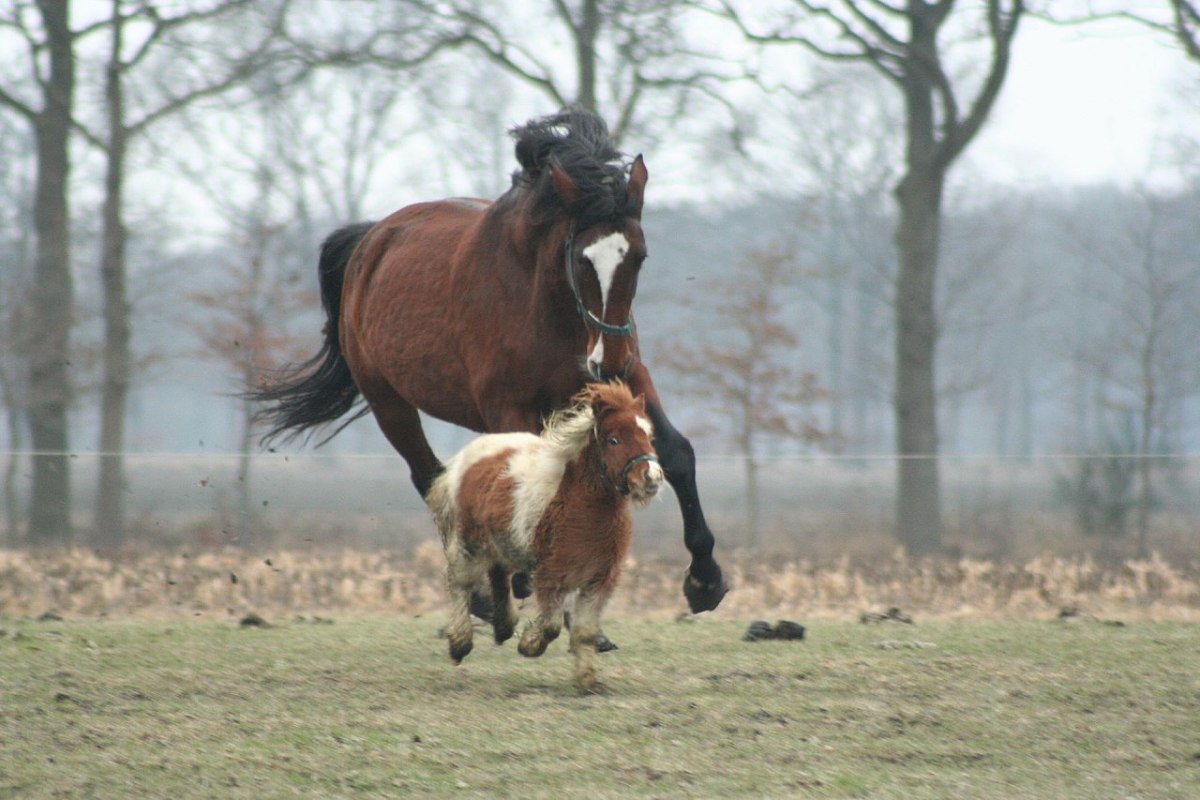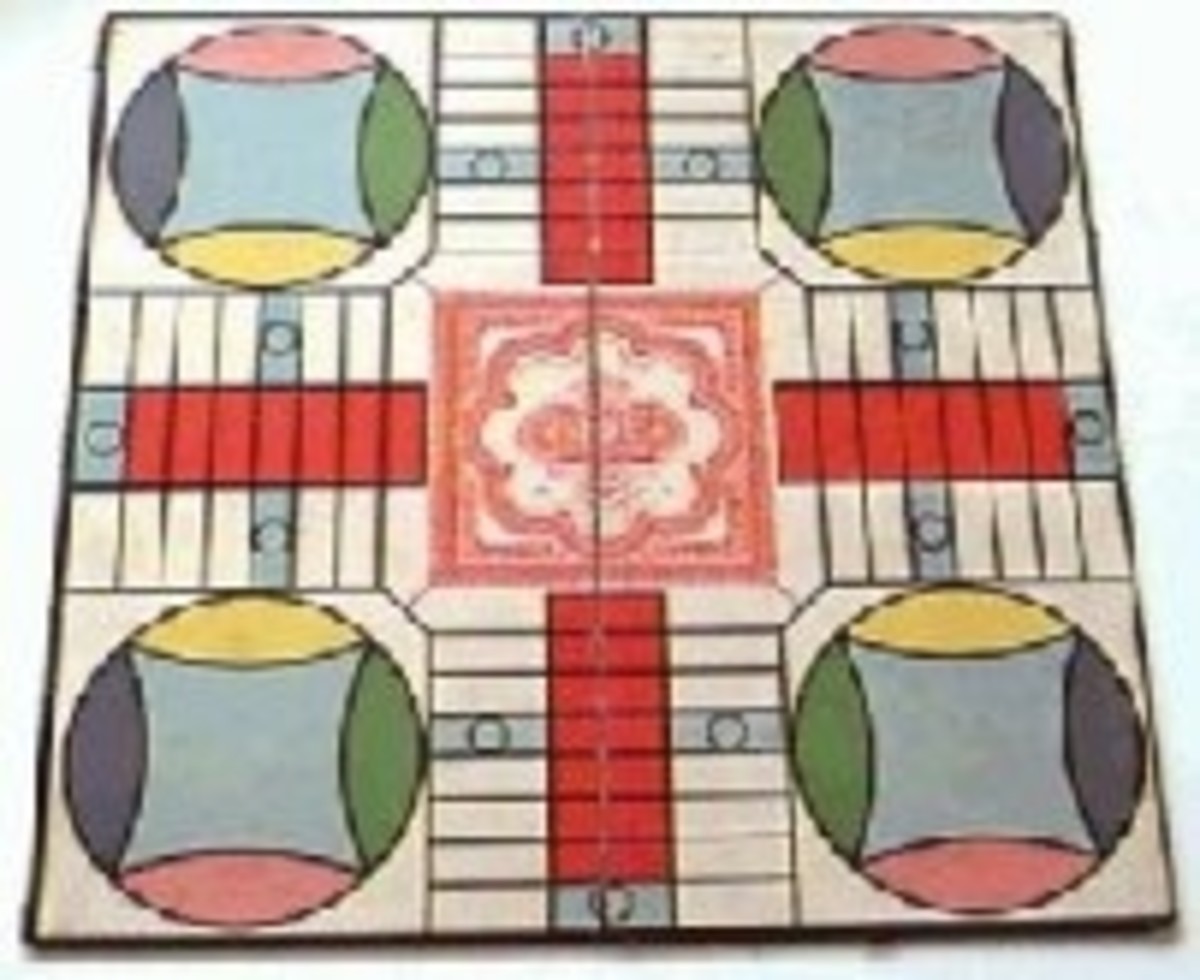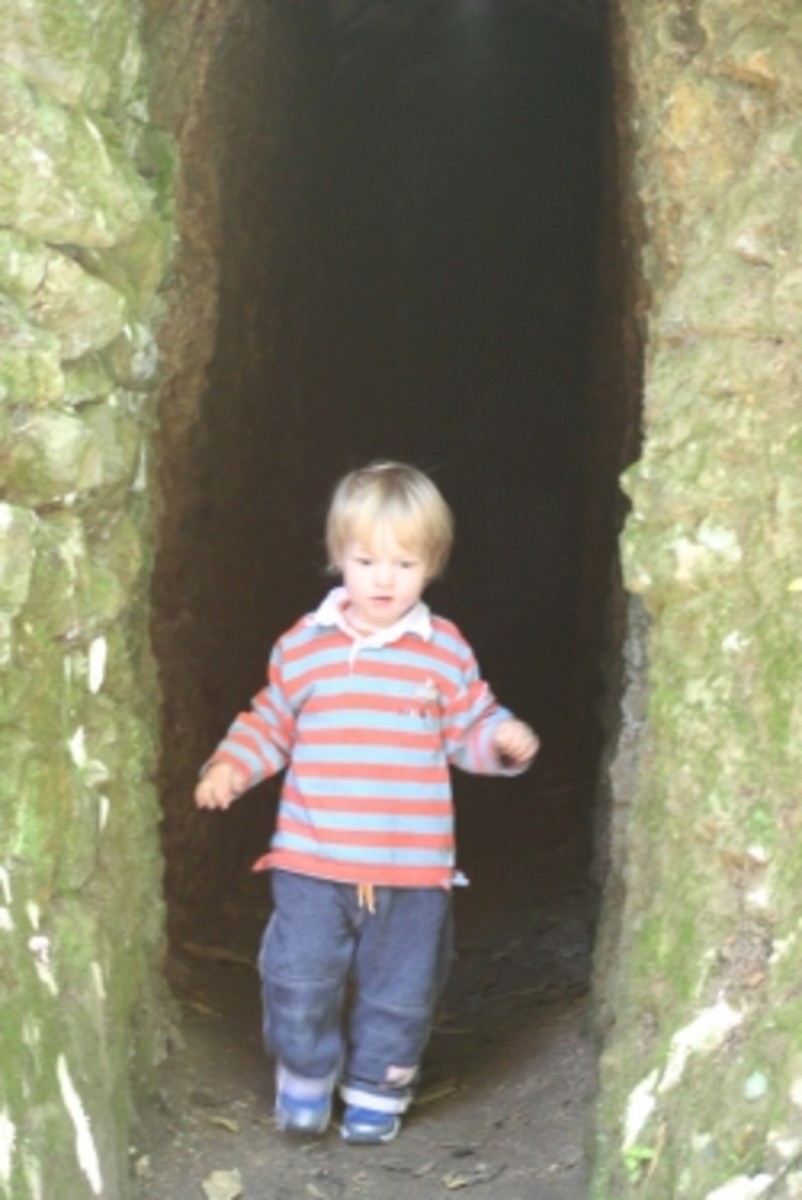Asilo Nido Project - Progetto Asilo Nido
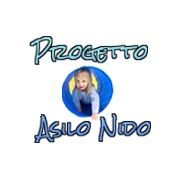
Asilo Nido Project - Progetto Asilo Nido
Ciao!
Welcome to Asilo Nido Project, the English lens of Progetto Asilo Nido.
About us
Associazione "Progetto Asilo Nido" is an Italian nonprofit organization, founded in 2010 by a handful of nursery teachers ("educatrici") and operators, psychologists and parents.
We're a small organization with a small budget, and so far we can't afford a professional translator, so we beg your pardon for our written English. The same problem afflicts our divulgative website (largest knowledge base in Italian language about Early Childhood Education and Child Development for 0-3 year old children and nursery school teachers), but you'll be always welcome!
[Updated 9/26/2012]
The aims of Progetto Asilo Nido are:
To proactively promote a modern vision of early childhood among child care teachers, operators, parents and policy-makers in ItalyTo search, develop and disseminate good practices based on strong scientific evidence to better interact with babies and toddlers and educate them in a more successfully wayTo share, confront and discuss about: education, child care how-to and experience, and everything related to the 0-36 months child development.Why on Squidoo?
Italy has a variety of slightly different approaches to early childhood education. We think there's a lot more to discover and learn from professional caregivers all around the world.
Also, we think the best way to receive is sharing our experience.
Here on Squidoo we hope to start rich discussions with other people and early childhood professionals.
To write in English, or not to write in English, that is the question...

A nice question, because we completely miss English spoken language during our critical window, and we practiced written English when Shakespeare was still alive.
Do you think our written English are OK?

Early childhood education in Italy
Semantic (and cultural) differences related to early childhood education in Italy
Words are important, as every caregiver knows, so we think we'd better state the general point of view (and biases) of our lenses.
Even if child development and the way babies and toddlers interact with the world are pretty much the same in every human culture, the way adult people respond and interact with them differs greatly. These differences are culture-based, so we think that analyzing the words involved in early childhood education could be a good way to start our adventure on Squidoo.
"Teacher" is the most used English term to indicate the professional caregiver attending babies and toddlers. This term is equivalent to the Italian "insegnante" (from latin "in signum", to put someone in a line and make him follow this line).
The staff of asili nido are called "educatrici", from latin "ex ducere": to lead someone out of something, meanwhile participating in the effort. This word is different from caregiver and teacher, which convey a meaning of educationally oriented care.
An example: the curriculum
In most country, the term curriculum means the contents of knowledge and/or experiences and the methodology adopted to put them into practice. In Italy, this concept of curriculum is usually associate to school programs.
In Italy, the early childhood curriculum is (usually) intended as fundamental architecture of the asilo nido system: it involves the established principles and the basic philosophy that inspires the chosen educational model. Methodological choices about promotion of the child development, caregiving, education and didactic activities are the results of these principles and philosophy.
As a result, caring aspects and routines (common meals, diaper change as a socialized moment, etc.) are built into the curriculum and considered the operative framework to organize the day with the children. When didactical activities are proposed, including cognitive ones, this is done within a global approach. The child's day is full of activities that have much to do with everyday life, organization, symbolic play, relationships between peers and between children and adults. The evaluation of the curriculum is also considered in a global manner. This extended curriculum is usually referred to as "Progetto Educativo".
An example: child care quality
A rapid search on the web makes clear there're a lot of interest and numerous discussions in quality applied to child care services.
This interest is almost totally absent in Italy, because the majority of the parameters for opening a child care service are prescript by law and set up to severe standards. The local government laws that regulate child care services are usually modeled on the Italian transposition of the well known ITERS-R scale, in particular on subscale 1, 2, 6, 7. For example, the ratio educatrice/children is set to 1:5 / 1:6 for babies under 12 months, 1:8/ 1:10 for 12-36 months.
From our point of view, this absence of interest has also stopped the Italian internal debate on the quality of early childhood education at the first years of the 1990's. For example, consider that the critical handbook on child care quality, still suggested to pass the exam to work in a public child care, is dated 1994 and its last revision is in 2001 (Bondioli A, Mantovani S, "Manuale critico dell'asilo nido")
So a large amount of international scientific research and debate related to educational quality has been lost for Italian educatrici.
We of Progetto Asilo Nido strongly believe that confrontation and technical debate are useful to increase and enhance knowledge.
And you?
A book on Early Childhood Education in Italy (for parents and teachers)
This is one the most read books in the world regarding the Italian approaches to early childhood.
A divulgative language and lots of examples (easy to implement at home, too!) make this book very interesting for parents.
Fundamental aspect of your curriculum
What aspect of your curriculum (or of your child's curriculum) do you consider as fundamental?
Books for Early Childhood Education
These books are interesting for the education of your own baby or toddler; they're commonly used in Europe for training courses dedicated to early childhood professionals and nursery school teachers.
They do not propose a "unique" method to educate babies and toddlers, as they're aimed to stimulate you to create your own way to interact with children inside an effective educational framework.
We wish to thank you for your visit.
Please, feel free to give us a feedback or an always appreciated "Hello"!
